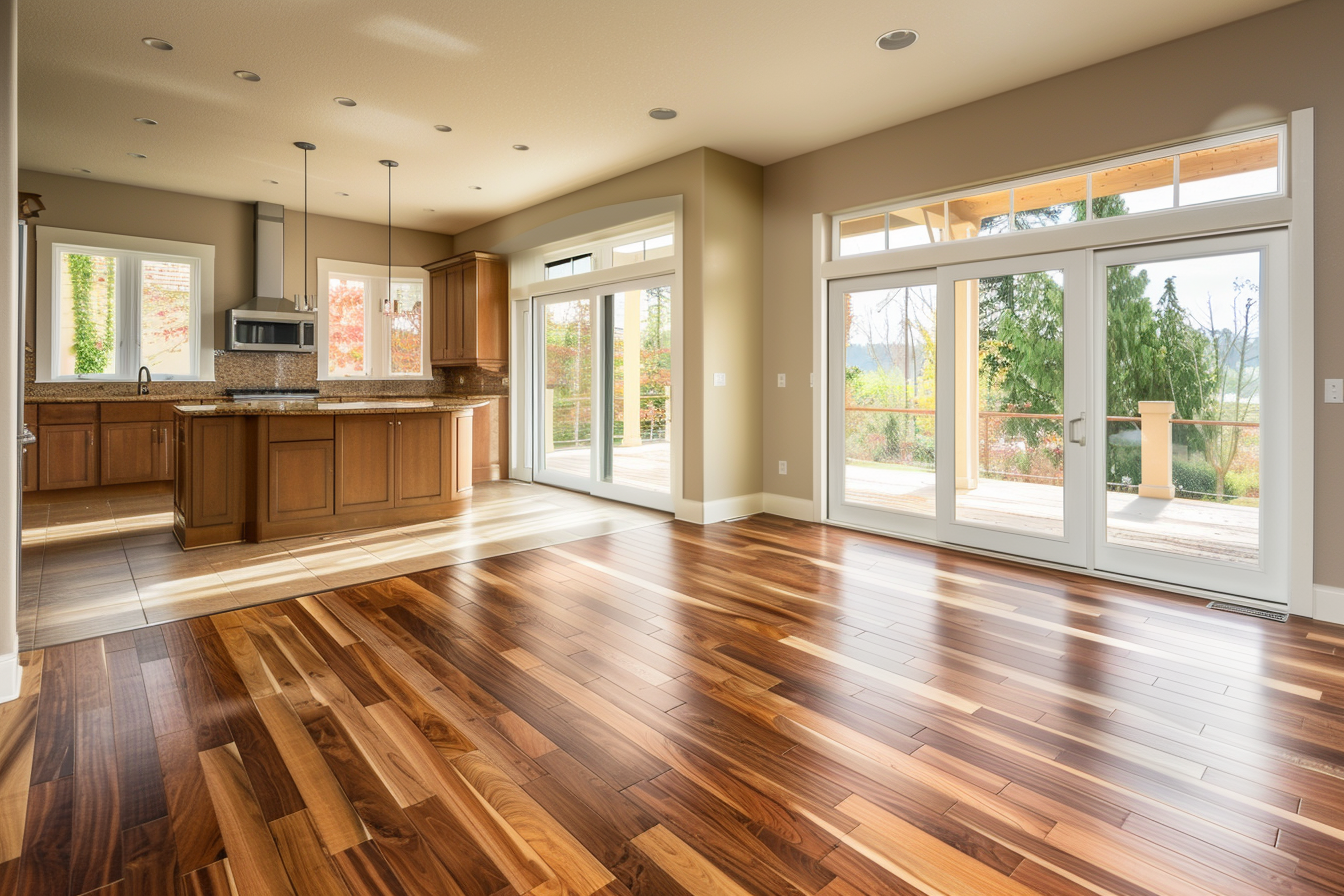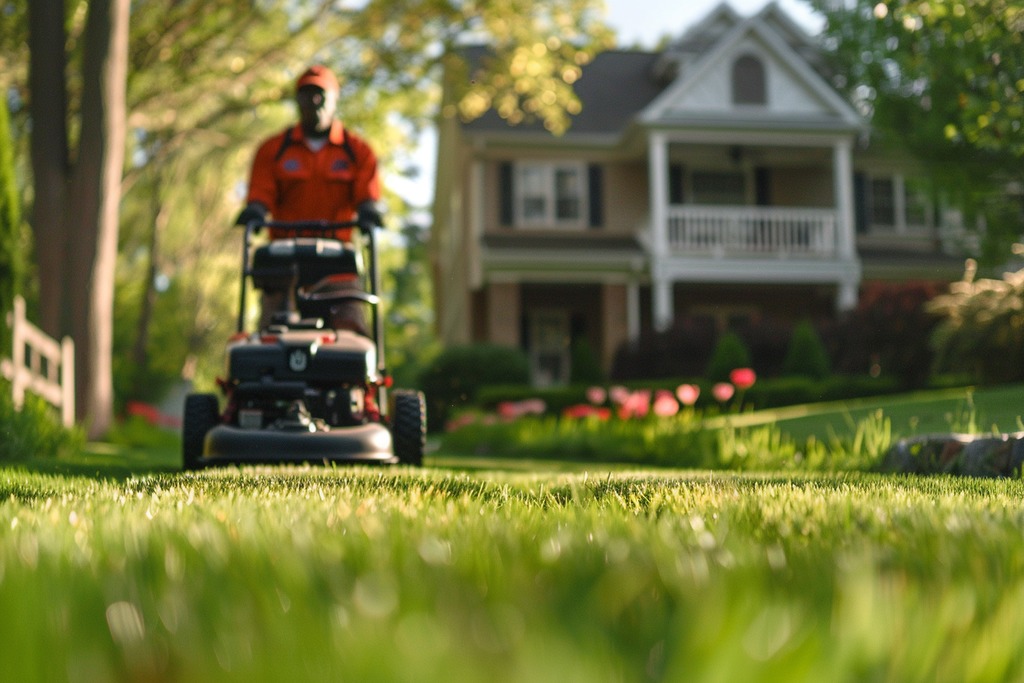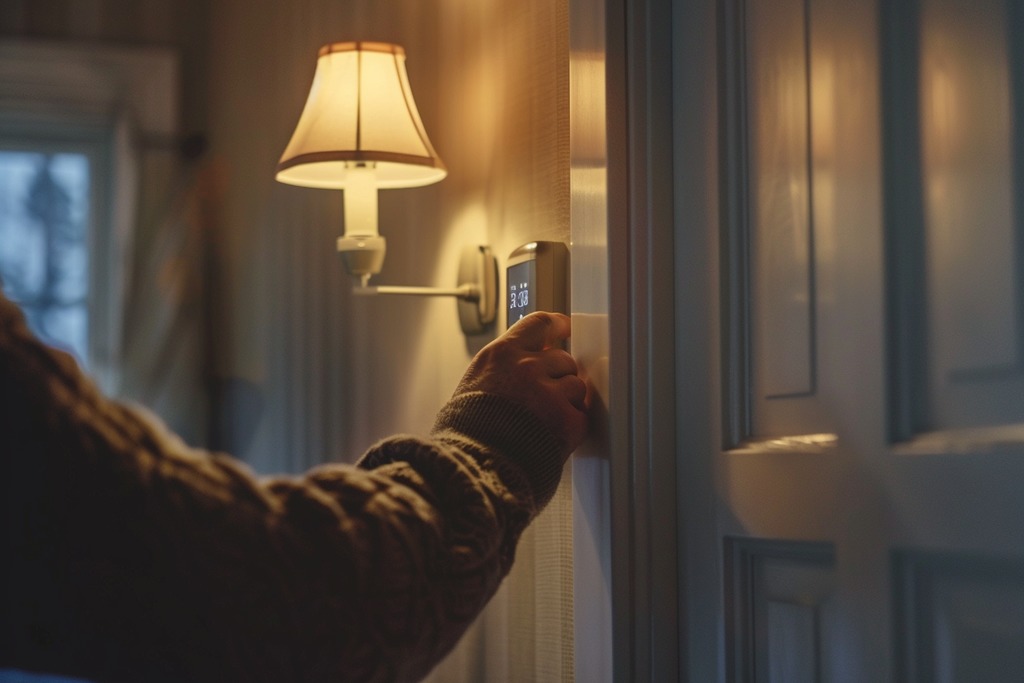In the dynamic world of real estate, properties sometimes need to stand vacant while they await new ownership. This situation is particularly common in regions bustling with second-home property transactions, such as those surrounding Wilmington, NC. The challenge of maintaining the security and integrity of these vacant homes is significant, given their susceptibility to vandalism, theft, and environmental damage. For homeowners and real estate agents, the task of safeguarding these unoccupied spaces is critical, not only to protect the financial investment but also to preserve the property’s appeal to potential buyers. In this article, we explore a comprehensive array of strategies, integrating both traditional approaches and modern technological solutions, aimed at keeping your vacant property secure and well-maintained.
1. Implement Robust Security Measures
The first step in protecting a vacant property involves beefing up its security through both physical means and the use of technology.
- Install a Security System: Modern security systems offer a range of features, including remote monitoring, motion sensors, and automatic police alerts. Choosing a system with mobile app compatibility allows homeowners and real estate agents to keep an eye on the property from anywhere.
- Use Timed Lighting: To give the impression that the home is occupied, install timers on indoor and outdoor lights. This simple measure can deter intruders who prefer targeting obviously vacant homes.
- Secure Doors and Windows: High-quality locks and reinforced door frames can make a significant difference in preventing unauthorized entry. Consider installing deadbolts and window locks as an added layer of security.
2. Maintain the Property’s Appearance
Maintaining the exterior of a vacant property is essential in signaling that the home is cared for and under watch, reducing the likelihood of it becoming a target.
- Regular Landscaping: An overgrown lawn or untidy exterior can signal a vacant home. Regular maintenance, including lawn mowing and pruning, helps create the appearance of an inhabited property.
- Exterior Cleaning: Periodic cleaning of the home’s exterior, including the sidewalks and driveway, contributes to a cared-for appearance, further deterring potential vandals.
3. Engage the Community
The local community can be a valuable ally in monitoring and maintaining the security of a vacant property.
- Inform Neighbors: Letting the surrounding community know that the home is vacant but under surveillance can encourage neighbors to report suspicious activity. A neighborhood watch system is an invaluable asset for keeping properties safe.
- Hire a Property Manager: For homeowners who live far from the vacant property or for busy real estate teams, hiring a local property manager can provide peace of mind. These professionals can regularly check on the property, oversee maintenance, and act swiftly in case of any issues.
4. Insurance Check-up
Ensuring that the vacant property is adequately insured is a critical, often overlooked aspect of property protection.
- Review Your Policy: Ensure that your homeowner’s insurance policy covers the property while it’s vacant. Some policies have specific clauses or requirements for vacant homes, including periodic inspections.
5. Prevent Environmental Damage
Regular inspections and proactive maintenance are key to preventing environmental damage and ensuring the property remains in good condition.
- Climate Control: Keeping a thermostat set to a temperature that prevents pipes from freezing during winter and mitigates excessive heat in summer can protect the property from environmental damage.
- Regular Inspections: Periodic checks can catch potential issues, such as leaks or pest infestations, before they escalate. This practice is crucial for the early detection of problems that could lead to costly repairs.
6. Consider Requesting a Patrol Drive-By
Many police departments will schedule routine drive-bys of vacant home when requested. So, if you’re located out of town and don’t have someone who can check on the home multiple times a week, making a call to the local police department via their non-emergency number could be a good choice for you.
7. Leverage Social Media with Caution
While it’s tempting to showcase your vacant property on social media to attract potential buyers, it’s essential to do so wisely. Avoid posting pictures that clearly show the home is unoccupied or share details about the security measures in place.
Conclusion
A vacant property on the market does not have to be vulnerable to risks if proper precautions are taken. By combining traditional security measures with modern technology and community engagement, homeowners and real estate agents can significantly mitigate the dangers associated with unoccupied homes. This comprehensive approach not only safeguards the property but also preserves its appeal to potential buyers, ensuring that it remains a welcoming and secure investment opportunity.







